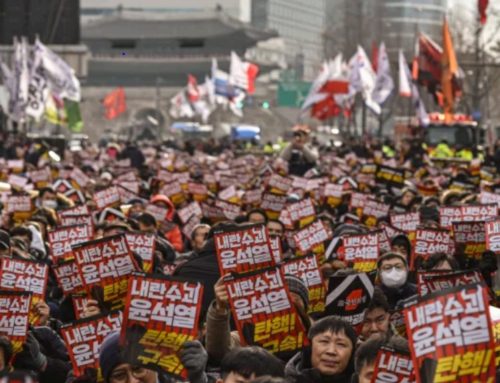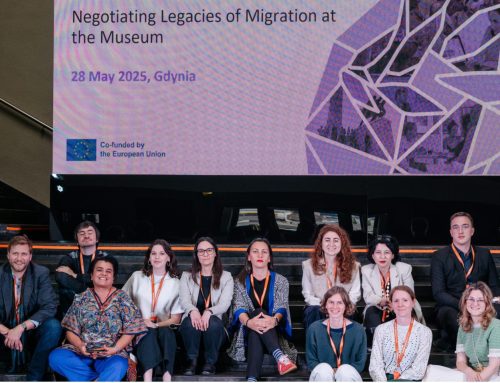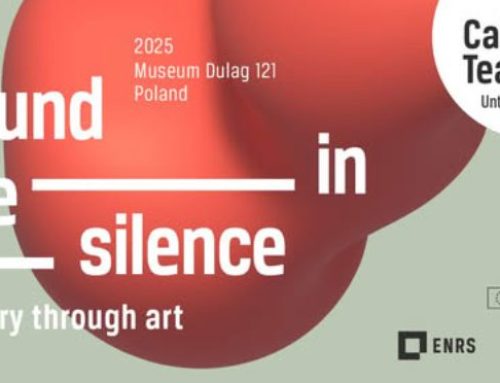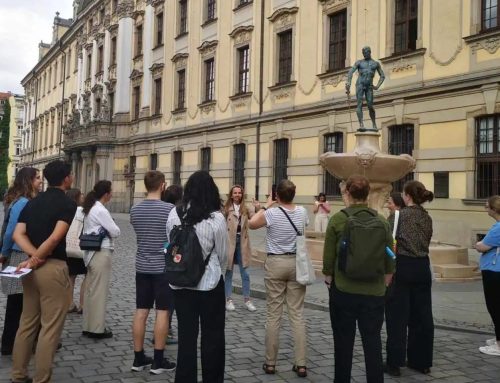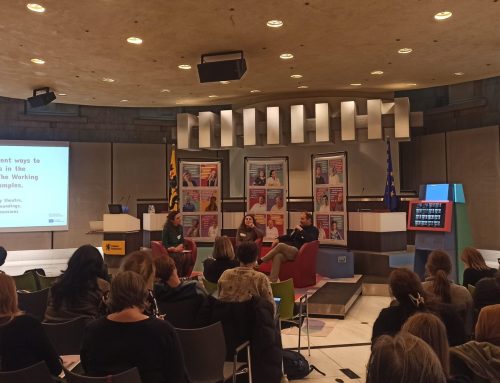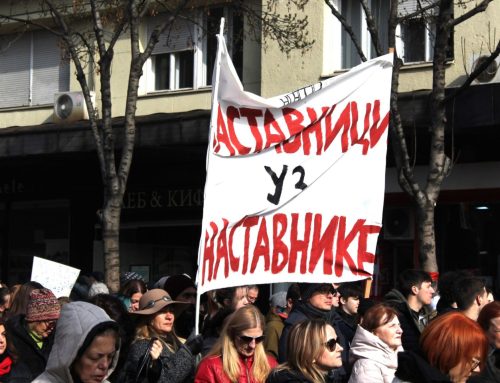In Catalonia in the second half of the 19th century a movement emerged, the Renaixença, which was dedicated to a revival or renaissance of Catalan culture, language and history. In 1891 the Unio Catalanista (Catalan Union) was formed, drawn mostly from intellectuals and middle class youth and in 1892 they held a conference in Manresa which drew up a political manifesto, Bases for a Regional Consitution. Rather than demand secession from Spain, the manifesto called for a dual state, along similar lines to Austria-Hungary.
By the turn of the century Catalan nationalism was not just the manifestation of cultural revivalism amongst the Catalan bourgeoisie. Catalonia had become the most industrialised region of Spain and it was heavily dependent on trade with the remaining Spanish colonies, Cuba, Puerto Rica and the Philippines. When these colonies were lost in 1898 after Spain’s defeat in the war with the USA there was an economic recession, employers cut wages and used toughs to break up any industrial action by workers. The Catalan working class blamed this situation on the government in Madrid and this fuelled nationalist sentiments amongst the Catalan working class as well as the bourgeoisie. Though ideologically divided they shared the goal of greater autonomy within Spain rather than secession. In the first two decades of the 20th century Catalan politics divided along class lines. Many in the working class were attracted to anarcho-syndicalism and to socialism and, while Spain remained neutral during the war, it was not immune to the radicalism and revolutionary fervour emerging elsewhere in Europe by 1918. In Barcelona from 1918 to 1923 there was violence on the streets between workers and the police and national army units.
It was in this climate that in 1919 the Unio Catalanista decided to send a delegation to the Paris Peace Conference to present the Supreme Council with a petition seeking self determination for Catalonia. However, they met with little support, mainly because of the diplomatic efforts of the Spanish government.


